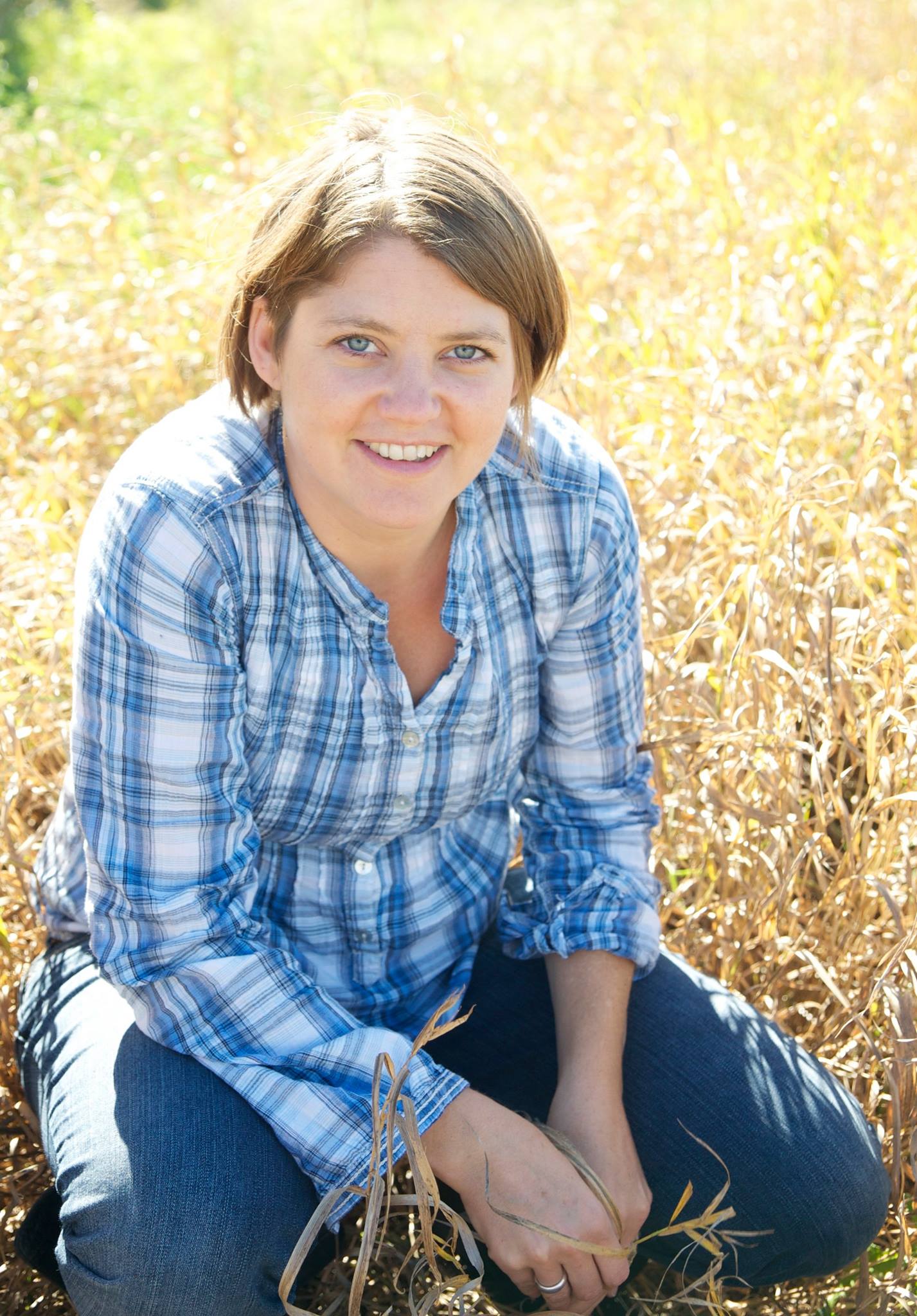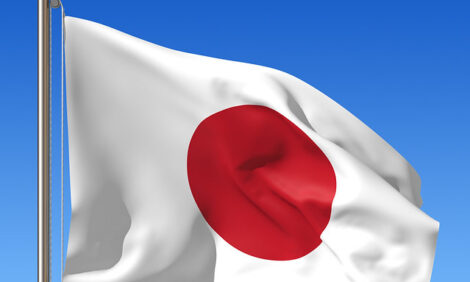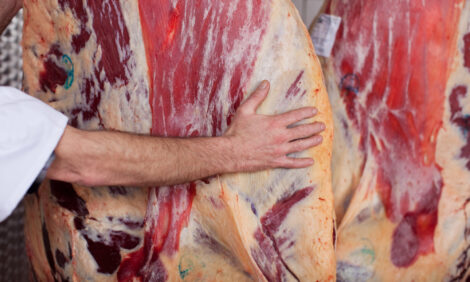



WOAH adopts global standard for ASF vaccine evaluation
Standard to help regulators assess ASF vaccine candidatesThe World Organisation for Animal Health (WOAH) recently adopted the first international standard for evaluating African swine fever (ASF) vaccines. The move gives countries a shared reference point to help decide if a vaccine is safe and ready to use.
The vote took place during WOAH’s 92nd General Session in Paris. Until now, countries lacked a unified approach to review ASF vaccines. This new standard sets out the minimum scientific and safety requirements needed to guide that process.
“We have the first ever international standard on African swine fever vaccine,” said Gregorio Torres, head of the science department at WOAH. “That’s probably the critical element that global and national regulatory authorities need—a framework that is science-based and agreed by consensus.”
ASF is a highly contagious virus that spreads through direct contact or contaminated materials. There’s no treatment and no commercial vaccine has been approved for wide use. The virus continues to circulate in many parts of the world and is usually fatal.
According to WOAH’s latest report, The State of the World’s Animal Health 2025, ASF made up close to one-third of the outbreak notifications submitted in 2023. In 2024, the disease was reported in over 50 countries. The Dominican Republic alone recorded more than 90,000 pig deaths in a single year. Global pig losses from January 2022 to February 2025 surpassed 2 million.
“What we need is a framework for validation,” said Torres. “We need to define the minimum standards that will ensure whatever we put in the animal is going to be safe. What we don’t want is to cause more damage than the disease itself.”
Pork remains one of the most consumed proteins worldwide. WOAH says it accounts for 31% of global protein intake. In many low- and middle-income countries, pigs are also a key source of income for small-scale farmers.
“The virus doesn’t respect borders,” said Torres. “That’s why we need coordination at the global level, particularly around how we evaluate and eventually approve vaccines.”
So far, the absence of a shared standard has slowed vaccine development and approval. Some countries have been reluctant to act without clear criteria. The new standard is meant to change that.
Still, WOAH says vaccination won’t work everywhere. Local infrastructure, veterinary services and disease risk all need to be considered before rollout.
“Unless a vaccination campaign is thoroughly planned, it might not be successful,” said Monserrat Arroyo, deputy director general at WOAH. “We try to train countries to build that capacity—to do a cost-benefit analysis, to assess whether they have the infrastructure.”
The organisation continues to stress that vaccines are only part of the solution. Surveillance, movement control and strict biosecurity measures are still essential.
There is no ASF vaccine widely available yet. The new evaluation standard gives countries a place to start, though.







